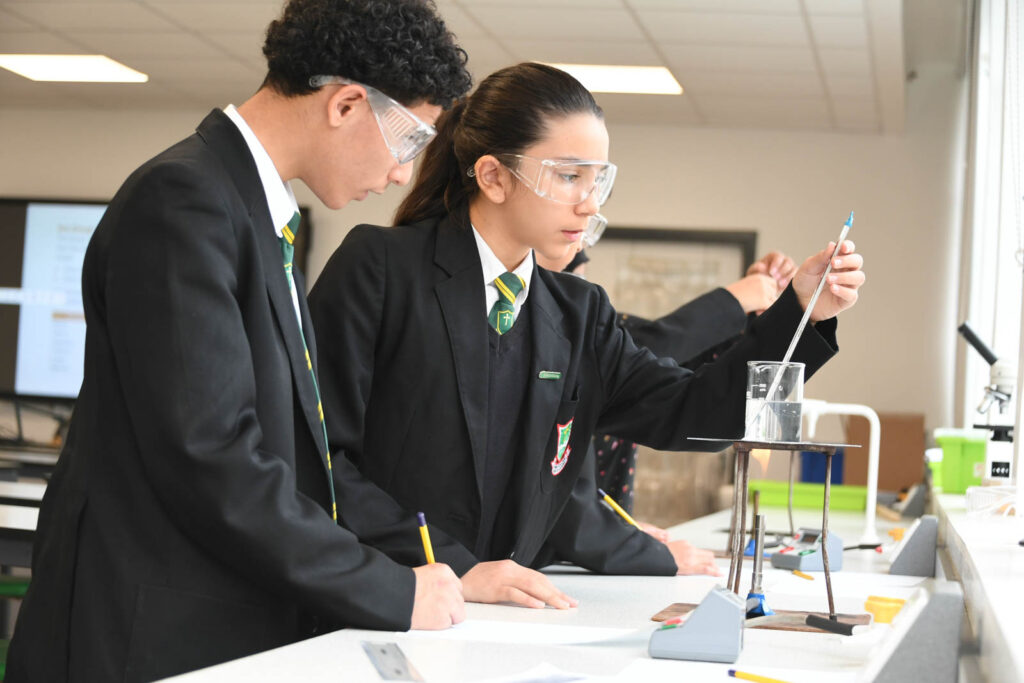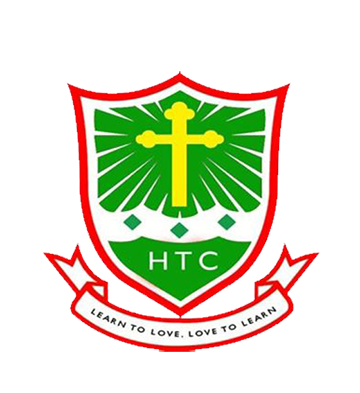Science
‘Nothing in life is to be feared, it is only to be understood. Now is the time to understand more, so that we may fear less.’ – Marie Curie
The Science Department at Holy Trinity Catholic School aims to ensure that all pupils irrespective of ability are given the opportunity to:
- nurture their love of and curiosity for learning.
- develop excellent scientific knowledge and a deep conceptual.
- understanding through effective Teaching and Learning of Biology, Chemistry and Physics.
- develop an understanding of the nature, processes and various methods of inquiry which helps pupils to answer scientific questions and apply their understanding to various contexts.
- improve their scientific skills required to understand the uses and implications of Science today and for the future.
Science curriculum
Please click below for details of our Science curriculum
Our science curriculum aims to ignite a passion for discovery and a deep understanding of the natural world among our students. Guided by Catholic social teachings, we strive to foster scientific literacy, critical thinking, and problem-solving skills essential in an increasingly scientific and technological world. We are committed to cultivating curious and active learners who respect human dignity, embrace stewardship, and work for the common good and distributive justice.
Core Objectives:
- Curiosity and Inquiry: Rooted in Catholic values, we aim to cultivate a sense of wonder and curiosity about the world. Our curriculum encourages students to ask questions, conduct experiments, and seek evidence-based answers, nurturing their innate curiosity and fostering a lifelong love of learning.
- Scientific Knowledge: Our curriculum provides a solid foundation in the core scientific disciplines—biology, chemistry and physics. We ensure students acquire a thorough understanding of key concepts, theories, and principles, enabling them to make informed decisions and engage in scientific discussions. When teaching topics such as variation, puberty, and genetic disorders, we emphasise the Catholic social teaching of human dignity. Students learn to appreciate the inherent worth of every individual, understanding that every person is unique and valuable, regardless of genetic differences or developmental stages. In lessons on biodiversity, global warming, and renewable energy, we integrate the principles of stewardship and the common good. Students explore the importance of caring for our planet, recognising their role in preserving natural resources and promoting sustainable practices for the benefit of all. When addressing food security, we focus on the principle of distributive justice. Students learn about the equitable distribution of resources, understanding the scientific, social, and ethical dimensions of ensuring that all people have access to sufficient, safe, and nutritious food.
- Practical Skills: We emphasise hands-on learning through laboratory experiments, fieldwork, and practical investigations. Students develop essential skills in observation, data collection, analysis, and interpretation, preparing them for advanced scientific study and diverse career paths.
- Critical Thinking: Our curriculum promotes critical thinking by challenging students to analyse data, evaluate evidence, and construct well-reasoned arguments. We encourage them to question assumptions, consider multiple perspectives, and apply logical reasoning to solve complex problems.
- STEM: We highlight the interconnectedness of scientific disciplines and the relevance of science to everyday life. We build students’ cultural capital by exploring the applications of science in technology, engineering, and mathematics (STEM), as well as its impact on society and the environment, students gain a holistic understanding of the world.
- Ethical Responsibility: In alignment with Catholic values, we instil a sense of ethical responsibility and awareness of the social and environmental implications of scientific advancements. Students learn to consider the ethical dimensions of scientific research and technological innovation, fostering responsible and informed citizenship.
- Active Engagement: We encourage students to be active participants in their learning journey. Students are encouraged to apply scientific knowledge to real-world problems, developing leadership skills and a commitment to social justice.
- Communication Skills: Effective communication is integral to scientific practice. We teach students to articulate their ideas clearly and confidently through written work, discussions and presentations. They learn to present scientific information to diverse audiences, enhancing their ability to share knowledge and collaborate.
- Preparation for the Future: Our curriculum prepares students for further education and careers in science, technology, engineering, and mathematics (STEM) fields. We provide guidance on career pathways, promote participation in science exhibitions and offer opportunities for mentorship and real-world experiences. Through our science curriculum, inspired by Catholic social teachings, we aim to develop informed, curious, and active individuals who respect human dignity, practice stewardship, work for the common good, and advocate for distributive justice. We are committed to inspiring the next generation of scientists, innovators, and informed citizens who will shape the future with knowledge, creativity, and integrity.



